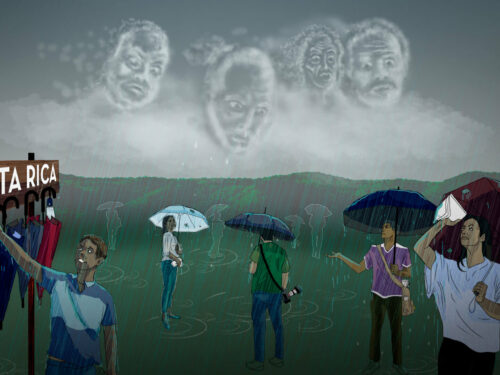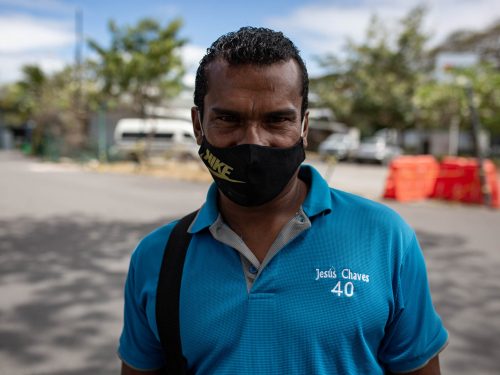
There are several hotels in Nosara and Samara who proudly show at their reception a plaque where you can see three, four and even five painted leafs with a title that says: certification for sustainable tourism.
Achieving this plaque is the result of long hard work to document their efforts to be considered a sustainable hotel in Costa Rica
For businesspeople and entrepreneurs who operate in the potentially lucrative tourism industry of Costa Rica, getting the coveted Certification for Sustainable Tourism (CST) from the National Board of Tourism (Spanish initials: ICT) is like finding the Holy Grail in the midst of a forest property that the government has not yet turned into a national park. More than 20 years into the CST program, however, some tourism and hospitality operators are wondering if going through the bureaucratic gauntlet is actually worth the hassle.
Sustainable hospitality and tourism, is defined by the ICT’s CST program as:
“the degree to which [tourism and hospitality] operations comply to a model of sustainability.”
CST evaluators ask questions and investigate business operations as they relate to how companies interact with the natural habitat and ecosystem they operate in, how they involve tourists in their sustainable models and how they benefit the community.
Companies that provide lodging are further evaluated in their energy saving and carbon footprint reductions strategies. Tour agencies are evaluated for their accurate sustainable product management and marketing. Businesses are rated by ICT on a scale from zero to five leaves, with five being more than 95 percent sustainable.
According to a recent blog post by the Cayuga Collection, a lodging group that operates various ecolodges in Costa Rica including the Harmony Hotel in Nosara, the CST program has become mired in red tape and questionable practices.
As with other government programs in Costa Rica, the Cayuga Collection -which was among the first businesses to receive a CST- believes that the time has come for reform, or at least a comprehensive review of the program.
The Cayuga Collection blog post cites a letter from a hotelier not affiliated with the group who is concerned that unreasonable consulting fees that do not make sense are being attached to the CST evaluation process, “It is hardly possible for a hotel to fill out the questionnaire without the help of a highly-paid consultant who is employed permanently for the sole purpose of helping the business with the CST.”
The letter continues saying that some businesses are no longer truly focused on sustainability; they are simply looking to “get more leaves” so that they can attract more tourists.
“It is my opinion that ICT should create a fairer classification system that depends on the size and yearly income of a business. There should be stricter criteria and more questions for large business, and more basic questions for small hotels that emphasis sustainability but omit less important criteria. Otherwise, I am afraid that in a few years only a few expensive luxury hotels will be part of the CST, which will have become an elite program for businesses that can afford the certification. The small hotels will give up.”
In other words, the CST program has become more of an image thing instead of truly encouraging sustainability and conservation.
The Cayuga Collection is asking others involved in the vast tourism industry of Costa Rica to contribute ideas and comments on this important issue. To find out more, visit their blog.







Comments